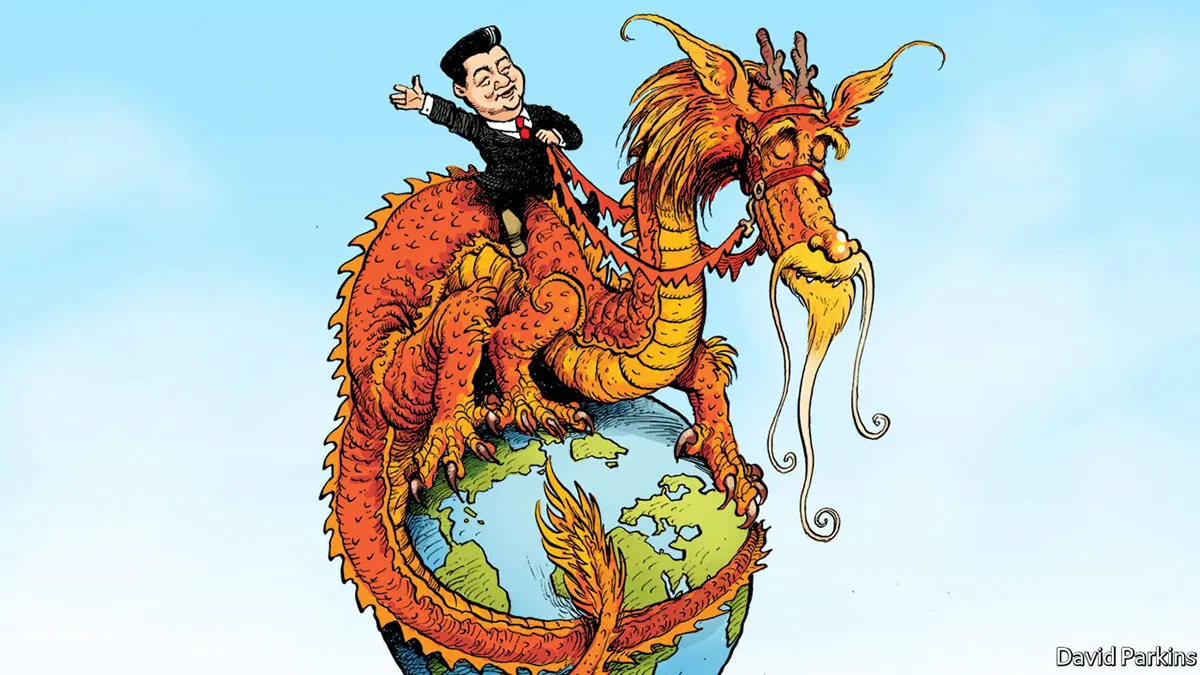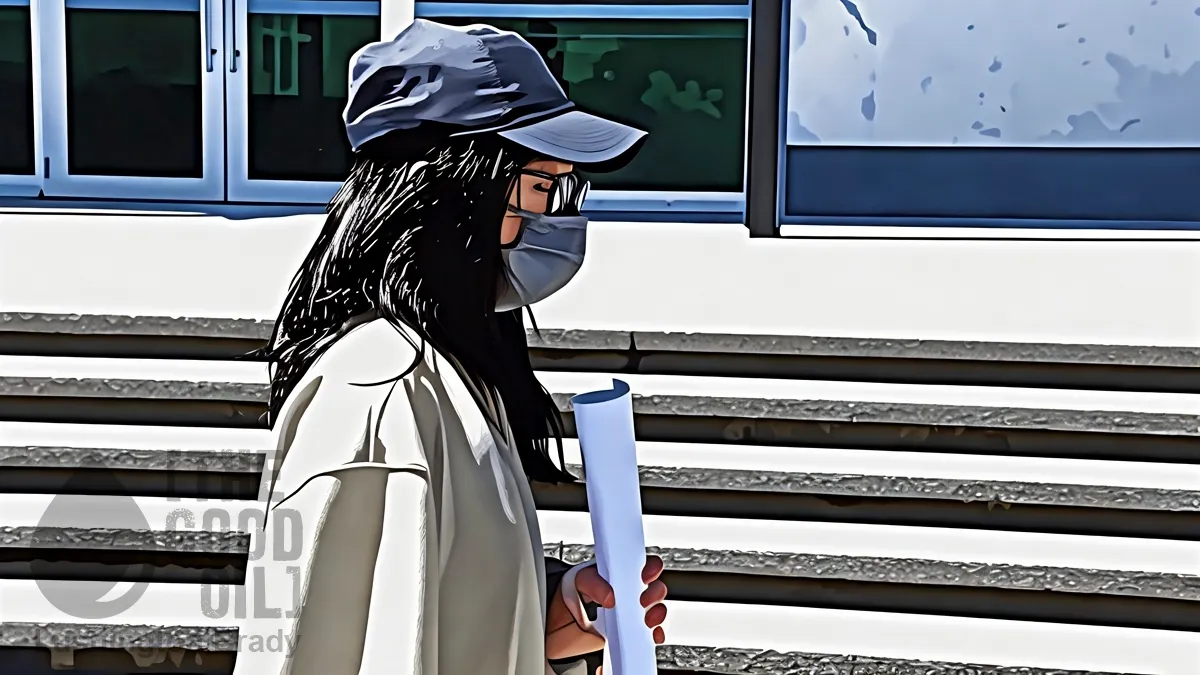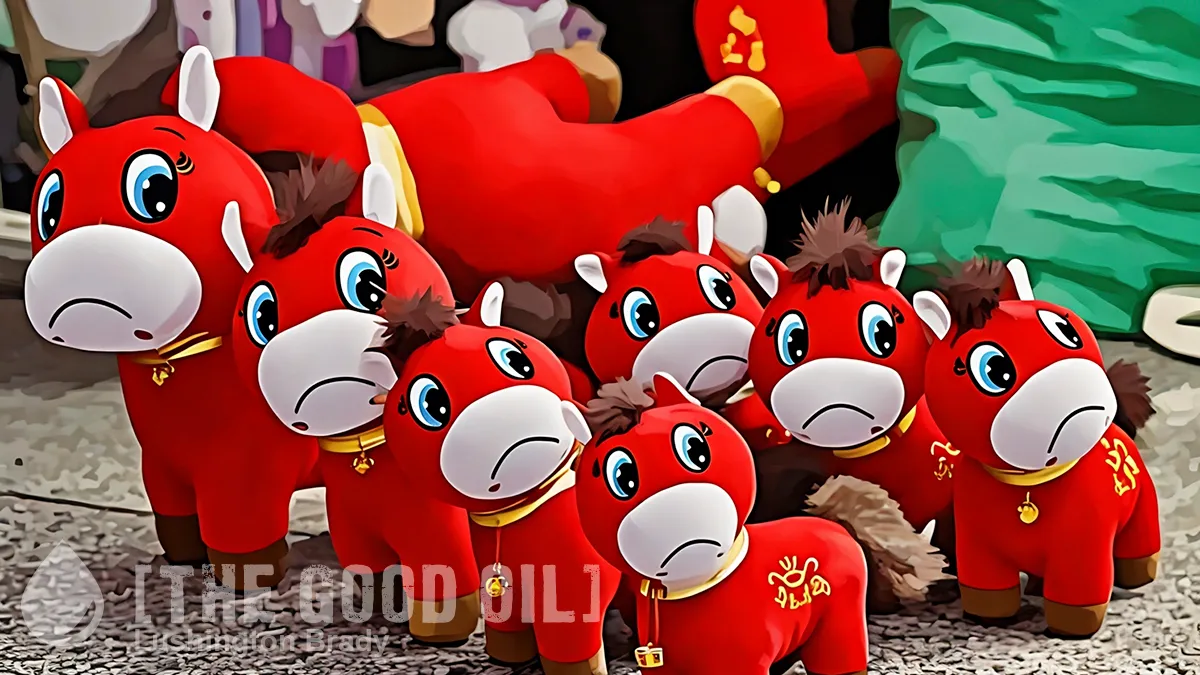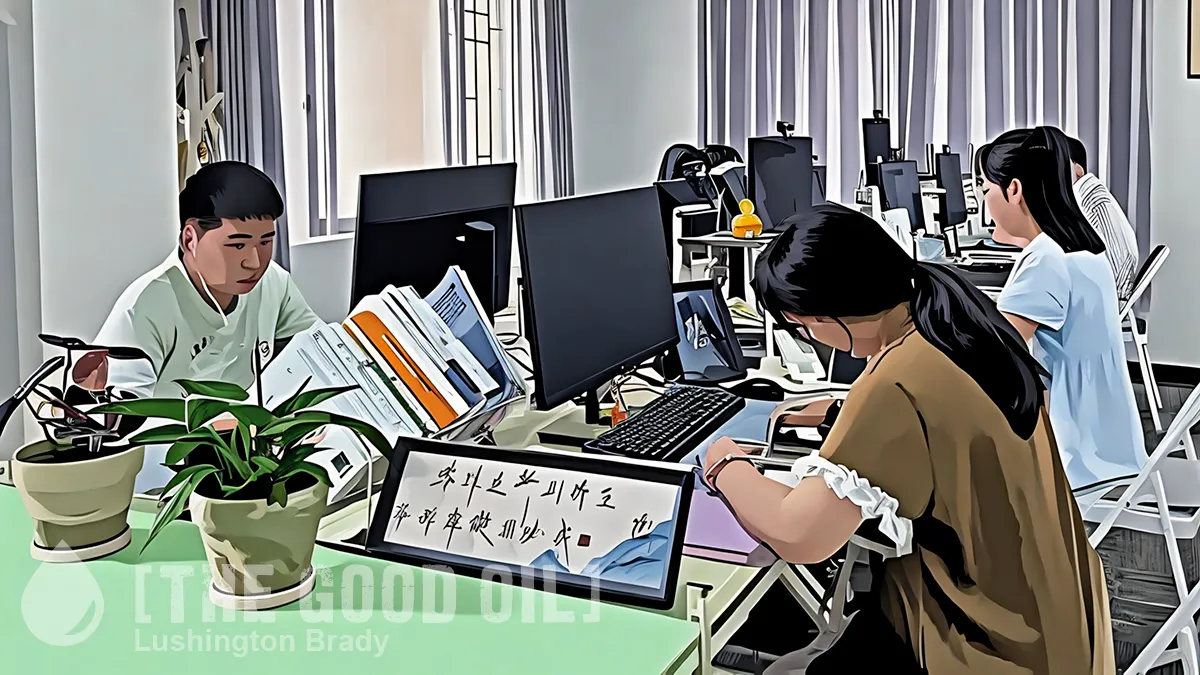Table of Contents
As Theodore Dalrymple once noted, there’s never been a regime feted by the Economist that wasn’t doomed to imminent collapse. In that respect, its track record as a kind of reverse-Cassandra is pretty impressive.
Which means that its advice on what to do about China should be treated with some Marge Simpson wisdom: Always do the opposite of what the Economist says.
To be fair, the Economist has one decent point: China’s military threat is quite a lot of a paper dragon.
Back in the ’90s, the same Chicken Littles in Australia were frantic about the Indonesian military. Never mind that Indonesia’s military consisted of clapped-out fighters they’d got third hand and some rusty tubs the former East Germans were happy to have off their hands. As for its manpower, nearly all of them were needed at home, just to keep their own people in line.
China has much the same problem. Take the PLA bootheel off the Chinese necks and the regime is in for it. So, their ability to project force overseas is very much limited – and, even then, they’re stuck protecting their own against obstreperous insurgents in the Middle East and Africa. Who like China even less than they did the Americans.
Still, it can’t be doubted that China is singularly dedicated to puffing itself up to try and intimidate the rest of the world.
After decades of modernisation, [the PLA] is formidable – terrifying, even. With 2m personnel and an annual budget of $225bn, it has the world’s biggest army and navy and a vast missile force. By 2030 it could have 1,000 nuclear warheads. Mr Xi has ordered it to be capable of invading Taiwan by 2027, say America’s spies.
Xi Xinping can order pigs to fly, too – doesn’t mean it will happen.
Yet look more closely and the problems leap out. Drilled for decades on Soviet and then Russian military dogma, the PLA is trying to absorb the lessons from Ukraine and to co-ordinate ‘joint’ operations between services, which would be key to any successful invasion of Taiwan. Recruitment is hard. Despite the efforts of films such as Wolf Warrior to glamorise dreary military careers with mediocre pay, the PLA struggles to hire skilled people, from fighter pilots to engineers. It has almost no experience of combat – Mr Xi calls this “the peace disease”. Its most deadly engagement in the past four decades or so was massacring its own citizens around Tiananmen Square in 1989.
Although China has made technological leaps, from hypersonic missiles to stealth fighters, its military-industrial complex trails behind in areas such as engines for aircraft and ships, and still relies on some foreign parts. American embargoes on semiconductors and components could make it harder to catch up with the global technological frontier. Despite Mr Xi’s endless purges, corruption appears to be pervasive.
But China’s military shakiness is a pale shadow of its tottering economy.
A property crunch and the Communist Party’s growing hostility towards the private sector and foreign capital are impeding growth. China’s GDP will increase by 5.4 per cent this year and by only 3.5 per cent in 2028, says the IMF. Investment by multinational firms into China turned negative in the third quarter, for the first time since records began in 1998. China’s $18trn economy is big. But despite its much larger population, its GDP is unlikely to exceed America’s by much or at all by mid-century.
And there’s another rub: total GDP may be big, but GDP per capita is barely one-sixth of the US. And here’s another rub: the US has the chance to turn its economy around every four years. Bidenomics may be crippling the US right now, but the Trump presidency supercharged it. Who’s in the White House has huge economic outcomes.
By contrast, the Dear Leader in Beijing has his arse firmly planted on the throne for life. So, there’s no similar changing of tack.
A third, and deeper problem [is] Mr Xi’s dominance of an authoritarian system that no longer allows serious internal policy debate. Decision-making is deteriorating as a result. Economic technocrats have been sidelined by loyalists. By one estimate, PLA troops spend a quarter of their time on political education, poring over such inspiring works as “Xi Jinping Thought on Strengthening the Military”. Mr Xi’s ideology is that the party, led by him, should command all things, always.
But, having laid out all the reasons why China’s military and economic threat is overstated, what does the Economist do? What it so effortlessly does: advocate the worst possible policies.
How should America respond? Judiciously. Trying to cripple China’s economy by isolating it could cut global GDP by seven per cent, reckons the IMF. Closing America’s borders to Chinese talent would count as self-sabotage.
The Economist
Are they kidding? China’s “Thousand Talents” are committing robbery on a global and staggering scale. China’s rampant theft of intellectual property, mostly thanks to that Chinese “talent” that’s been allowed to infiltrate America’s borders, is estimated at up to $600 billion a year. Simply stopping that would go a long way to rebalancing the global economic books. And most of the GDP loss the IMF is wringing its hands about would be sheeted home to China. Problem?
In fact, economic crippling is just how the previous communist superpower was crushed. The US never had to fire a shot, because the Soviets just went bankrupt.









